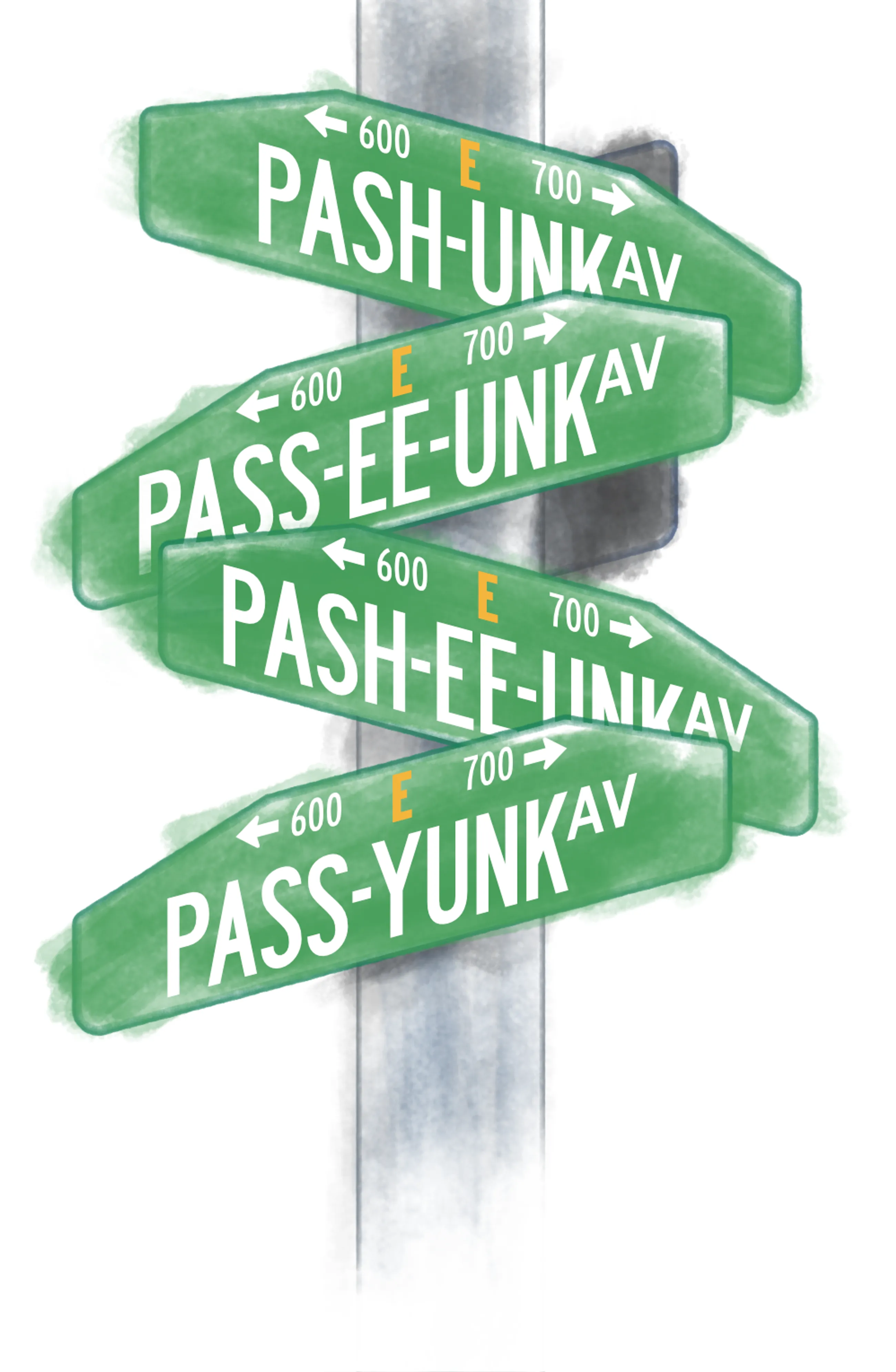Every individual's speech is variable. And when we look beyond the individual, we see variation across space, time, style, and social structure — among other dimensions. And these variations are generally gradient rather than abrupt, although standardization efforts by national or regional governments may try to eliminate the variation.
For millennia, scholars have noted and catalogued these patterns of variation — and for the past couple of hundred years, this study has been called dialectology. But until 1970 or so, people interested in this topic faced an uncomfortable choice: you can either pretend (falsely) that the variation can be put into a few well-defined boxes; or else you can limit your research to compiling very large lists of who said what where, when, and why.
About 50 years ago, some European researchers began trying to get past this dichotomous barrier, under the banner of "dialectometry". For a recent survey, see Martijn Wieling and John Nerbonne, "Advances in dialectometry", 2015 (from which I'll quote a long explanation):
Read the rest of this entry »

